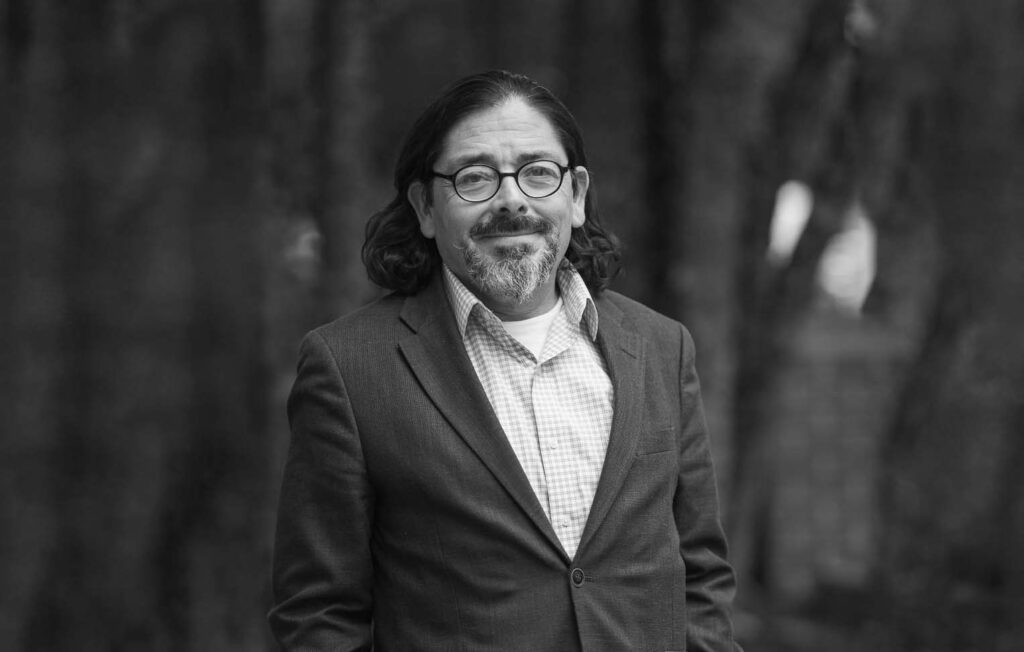Innovative solutions could create a better and more sustainable system to facilitate ownership
Roger Valdez
Roger Valdez isn’t one to bite his tongue. For Americans struggling to pay their landlords each month, that’s a good thing.
Roger has emerged as one of the nation’s leading critics of zoning restrictions and other “not in my backyard” policies that limit the supply of affordable housing around the country. “This is an issue of right and wrong,” he says, “not a difference of opinion.”
It’s a problem reaching crisis proportions, especially in coastal cities where homelessness is endemic like New York, Washington, Boston, Los Angeles, San Francisco, and Seattle. Research by the Harvard Joint Center for Housing Studies found that 21 million renters — comprising nearly half of all renter households in America — spent more than 30 percent of their income on housing in 2015. 11 million spent more than 50 percent of their income on housing.
You’d think that as more and more Americans flock to high-growth cities, those cities would naturally expand their housing supply in response. You’d be wrong. Instead, many U.S. cities have enacted restrictions on new housing, especially the kind of high-rise, multi-family housing that can substantially ease the burden of rising rents and home prices. As Roger puts it, “if we were running low on bread, we’d call for a program to bake more, not impose price limits on the few loaves we had.”
Zoning, says Roger, “is a 20th century solution to a 19th century problem…it has driven inflation [and] driven prices up, because it has limited supply in the face of rising demand.”
Federal housing policy has worsened the problem, by concentrating poverty in costly housing projects that don’t do enough to help low-income Americans afford conventional, every-day housing in the communities of their choice.

Roger doesn’t just talk the talk. He lives in a 200-square-foot “apodment” in Seattle’s Capitol Hill neighborhood. “Density in our urban environment can transform people by pushing them closer together,” he says, encouraging us to “deal with people that are different, people that don’t look like us, that don’t smell like us, that don’t sound like us and [to] become more compassionate, to become more loving of other people.”
Roger’s forceful critique of NIMBYs has been amplified in his hometown of Seattle, which is enduring one of the worst homelessness crises in its history. “Roger…won’t go away,” says Josh Feit, politics editor at Seattle Met magazine. “And he typically defines what both sides end up talking about.”
“In a city known for passive-aggressiveness,” wrote the Seattle Times in a lengthy profile of Roger, “ Valdez is a different kind of cat.” Seattle Met calls him one of “the 15 people who should really run Seattle,” describing him as “a leader in the conversation about city growth” who has “challenged this sacrosanct notion” that housing developers are the bad guys. Even The Stranger — an alt-weekly that often clashes with Roger’s market-based philosophy— says he’s one of the “smartest people in Seattle politics”:
No one in town demolishes the anti-density [cow dung] fomented by neighborhood groups quite like Roger Valdez. His points are simple and grounded in reality: This city is becoming increasingly unaffordable. The solution is building more housing — and different types of housing (from tiny apartments to towers). Despite conventional wisdom at city hall, a $1,000-a-month apartment isn’t affordable to most working-class folks. He’s debated anti-growth activists, put up with reactionary tantrums from the city council, and even stood up for developers — yes, for developers — to make sure they can build sensible projects, so that by 2040, when we’ll have tens of thousands more people living in Seattle, there’s enough housing for all of them.
Roger was born and raised in Albuquerque, New Mexico, but moved to the Seattle area for college, where he majored in philosophy at the University of Puget Sound. While studying for his masters’ degree at U.C. Santa Barbara, he worked for Jerry Brown’s 1992 presidential campaign. Seattle, however, remained Roger’s first love, and he moved back to the Emerald City to work in local politics, run housing and human resources for a community health center called Sea Mar, and manage King County’s tobacco prevention program.
Today, Roger is a contributor to Forbes, and runs Seattle for Growth, a non-profit that advocates for residential development in Seattle. At FREOPP, he is a Research Fellow, where he helps us identify policies that work for Americans who have trouble affording a place to live.
“When I first read FREOPP’s mission statement,” says Roger, “I knew we had a common cause. I’m excited to work with FREOPP to expand housing opportunities everywhere.”

Roger Valdez
A look back to the major events in housing policy this year
A Tax Credit for Cost Burden One of the biggest problems in housing policy is measuring what “affordable” means.
It is important that policymakers build on recent reforms to make housing truly affordable
Recommendations for the next administration and the 119th Congress
A roundup of housing stories and trends around the country
‘Yes-in-my-backyard’ reforms can increase the supply of housing and bring prices down.
The LIHTC fuels housing inflation and lacks measurable benchmarks for efficiency and accountability







